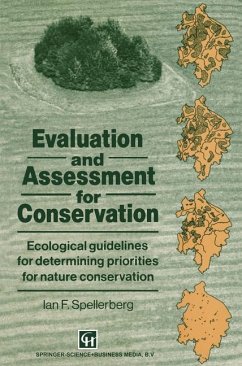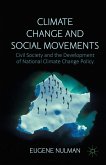Most politicians have jumped on the conservation bandwagon, and nobody running for public office these days can afford to take an overtly anti environment stand. The fascination that children have for nature, the gen erous donations people make to conservation organizations, the votes cast for 'Green Parties,' the continuing popularity of zoos and wildlife films, and the strong sales of books about the environment all provide evidence to politicians that the general public supports the idea of conservation. Conservation has become a major issue for governments. No longer is it necessary for conservationists to campaign for getting the cause on the agenda: it is already there, at least as a talking point. The issue now is how to convert this generalized interest into real action. And among the many priorities competing for attention, how is a govern ment (or a private organization) to decide wh at to do first? From a very limited budget - for budgets will always be limited - what is the package of activities that is most likely to lead to the results that the public wants? lan Spellerberg attempts to address these questions which are at the he art of modern conservation action. It is relatively easy to prescribe useful activities that will benefit both the environment and the public at large.








